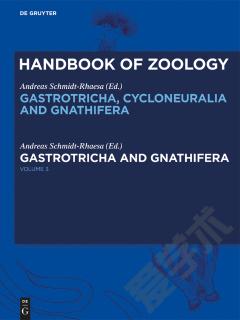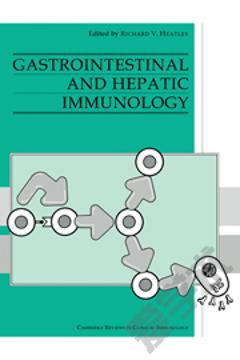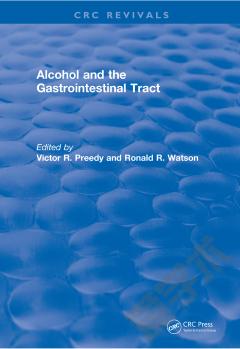Aging and the Gastrointestinal Tract
With the dramatic increase of the aging population, the study and care of gastrointestinal disorders in the elderly have become priority topics for both clinicians and researchers. The geriatric approach which includes the epidemiology and pharmacokinetics of drugs as well as a comprehensive multidimensional assessment is particularly important in managing older patients with gastrointestinal disorders, since these patients are likely to have multiple interacting problems that interfere with their daily function and complicate their treatment. This book presents the results of recent studies in geriatric gastroenterology and reviews both basic and clinical aspects of the field. An important section is devoted to the close examination of the structural and functional effects of aging on the physiology of the gastrointestinal tract. Recent advances in diagnostic tools and the treatment of elderly patients with dysphagia and gastroesophageal reflux disease as well as with NSAID-related or Helicobacter pylori-associated gastroduodenal diseases are reported in updated chapters. The physician’s approach to the management of disorders of the small intestine, colon, pancreas and liver is discussed, highlighting the specific aspects of such disorders in old age. As it is important that the geriatric assessment of elderly patients is carried out by a multidisciplinary team which includes experienced specialists as well as primary care physicians and community health workers, the book addresses a wide readership: general physicians, specialists in geriatrics and gastroenterology and health care providers involved in planning care for elderly patients with gastrointestinal disorders.
{{comment.content}}








 京公网安备 11010802027623号
京公网安备 11010802027623号